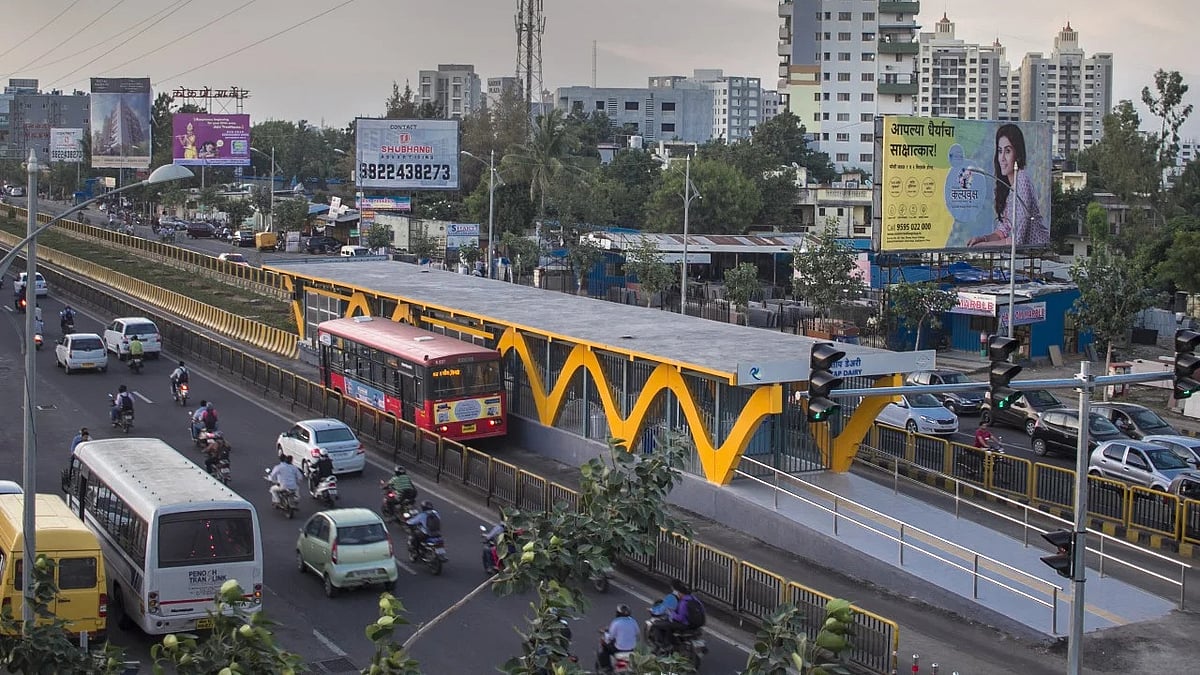The Bombay High Court refused to hear an advocate representing a petitioner due to improper dress code.
On July 3, a division bench of Justices Ajey Gadkari and SG Dige adjourned the case, stating, “advocate for the petitioner is not in the proper dress code. Stand over to 10th July 2023.”
The advocate who had come to argue was wearing a gown and band but was not wearing a coat. The absence of a coat led the high court to adjourn the hearing of the case by a week.
BCI has the right to establish attire regulations
According to Section 49 (1) (gg) of the Advocates Act, the Bar Council of India has the authority to establish regulations regarding the attire to be worn by advocates when appearing before any court or tribunal, taking into account the prevailing climatic conditions.
The Bar Council of India, in line with this authority, enacted a resolution on August 24, 2001, which established the dress code for male and female advocates appearing in the Supreme Court, High Courts, Subordinate Courts, Tribunals, or Authorities.
Dress code for male & female advocates
For male advocates, the dress code is wearing of a black buttoned-up coat, chapkan, achkan, black sherwani, or white bands with Advocates' Gowns. They can also wear a black open-breast coat, white shirt, white collar (stiff or soft), and white bands with Advocates' Gowns.
For female advocates, the dress code specifies a black full-sleeve jacket or blouse, white collar (stiff or soft), with white bands and Advocates' Gowns. They can also wear a white blouse (with or without collar) with white bands and a black open breast coat.
Traditional attire is acceptable
Additionally, sarees or long skirts (white or black or any mellow or subdued colour without print or design), flare (white, black, or black striped or grey), or Punjabi dress, Churidar Kurta or Salwar Kurta with or without dupatta (white or black), or traditional dress with a black coat and bands are acceptable attire.
The Bar Council’s regulations state that, except in the Supreme Court and High Courts, the wearing of a black coat is not mandatory during the summer.










